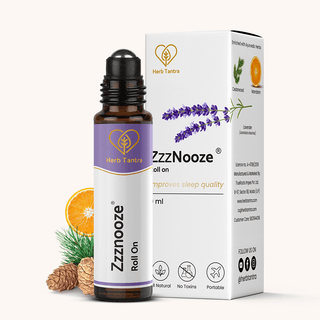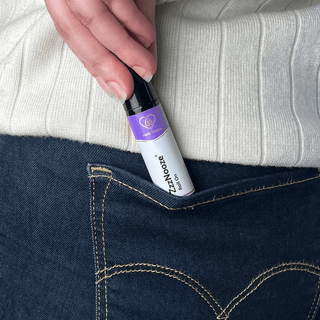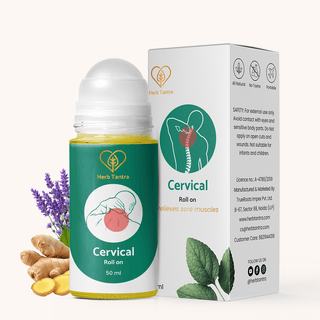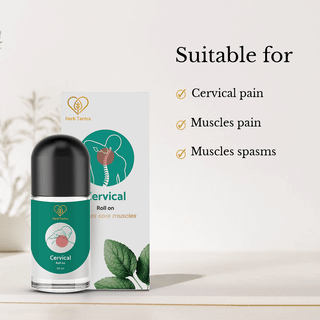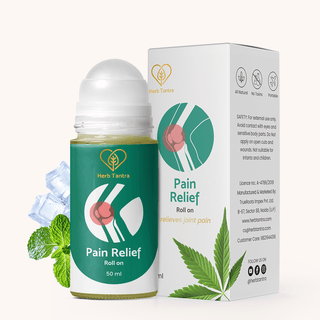Migraines affect millions of people worldwide, yet they are often misunderstood. Unlike regular headaches, migraines are a neurological condition with unique causes, symptoms, and long-term effects. From food sensitivities to stress and even weather changes, migraine triggers can look different for everyone. Knowing what sparks your migraine episodes can be the first step toward reducing their frequency and intensity.
In this guide, we’ll break down the most common migraine triggers, how to tell them apart from regular headaches, the role of genetics and lifestyle, and effective natural remedies that can help you find relief.
What Exactly Causes Migraines and How Are They Different from Regular Headaches?
A migraine is not “just a bad headache.” While headaches usually cause dull or tight pain, migraines often bring throbbing or pulsating pain on one side of the head. They may also include nausea, sensitivity to light and sound, and even visual disturbances known as aura.
The exact cause of migraines is complex—ranging from abnormal brain activity to changes in blood vessels and neurotransmitters. Unlike tension headaches, which are often caused by stress or posture, migraines involve neurological pathways that make the brain more sensitive to certain triggers.
What Are the Most Common Migraine Triggers?
One of the most commonly asked questions is - What triggers migraines the most? While it varies by individual, research and patient experiences highlight some frequent culprits -
- Stress and Anxiety - Emotional stress is a leading migraine trigger. When stress hormones flood the body, blood vessels tighten and pain pathways become more sensitive. Practicing yoga, meditation, or aromatherapy can help reduce stress-induced migraines. A calming aid like Herb Tantra’s Migraine Go Roll On (infused with lavender, peppermint, and rosemary) can provide soothing relief during these moments.
- Lack of Sleep - Poor sleep quality or irregular sleep schedules are directly linked to migraine frequency. Both oversleeping and sleep deprivation can trigger episodes. Keeping a consistent sleep routine, reducing screen exposure at night, and using supportive tools like the Migraine Go Cap, which blocks out light and provides hot or cold therapy, can improve sleep and reduce headaches.
- Food and Drink - Certain foods are common migraine triggers, including aged cheeses, chocolate, red wine, processed meats, and those with artificial additives like MSG. Skipping meals or dehydration can also bring on attacks. Staying hydrated, eating balanced meals, and carrying a natural solution like the Migraine Go X Roll On (a stronger herbal blend with wintergreen, chamomile, and eucalyptus) can be helpful when migraines strike unexpectedly.
- Environmental Triggers - Bright lights, strong smells, loud noises, and sudden weather changes can also spark migraine pain. Wearing sunglasses outdoors or creating a low-stimulation environment during flare-ups helps reduce severity.
Are Migraines Hereditary?
Genetics play a strong role in migraine disorders. If one or both parents suffer from migraines, the likelihood of developing them increases. While you cannot change your genetic makeup, you can manage how external triggers interact with it. Keeping a migraine diary to track food, sleep, and stress patterns can reveal what sparks episodes most often.
How Can I Tell If My Headache Is a Migraine or Something More Serious?
A key difference between migraines and regular headaches is the range of symptoms. Migraines often come with nausea, vomiting, sensitivity to light and sound, or aura (flashing lights, blind spots). However, if you experience sudden severe headaches, changes in vision, speech problems, or weakness on one side of the body, it is crucial to seek immediate medical care to rule out more serious conditions.
How Does Sleep and Lifestyle Affect Migraines?
Chronic poor sleep not only triggers migraines but also makes them harder to recover from. Over time, irregular sleep patterns, high stress, and poor diet can increase migraine frequency. Similarly, long-term migraines may affect mental health, contributing to anxiety or depression, and can even impact physical health by disrupting daily life.
Another important factor is medication overuse. Relying too heavily on painkillers can lead to rebound headaches, a condition where headaches become more frequent and resistant to treatment. This is why natural remedies—like herbal roll-ons, cooling compresses, and relaxation techniques—are gaining popularity for long-term management.
Can Natural Remedies Help Prevent Migraines?
Yes. Preventive care is one of the most effective ways to reduce migraine frequency. Here are some natural approaches that work -
- Regular Meals and Hydration - Avoid skipping meals, and drink plenty of water throughout the day to stabilize blood sugar and reduce dehydration-related headaches.
- Relaxation Techniques - Yoga, meditation, and breathing exercises lower stress hormones and relax muscles, reducing migraine intensity.
- Aromatherapy and Herbal Blends - Essential oils like peppermint, lavender, and eucalyptus have been shown to reduce headache intensity. Herb Tantra’s migraine care roll-ons combine these herbs into portable, easy-to-use formats.
- Hot and Cold Therapy - Alternating between heat and cold compresses can ease tension and reduce pain signals. The Migraine Go Cap offers both therapies while blocking out light for deeper relaxation.
Key Takeaway
Migraines are influenced by multiple factors—genetics, stress, diet, environment, and lifestyle. By identifying your personal triggers and supporting your body with healthier habits and natural remedies, you can reduce the frequency and intensity of attacks. While medication may still be necessary for some, many people find balance by blending modern care with holistic solutions.
SEO-Optimized FAQs
1. What are the most common migraine triggers?
Stress, poor sleep, irregular meals, dehydration, hormonal changes, and certain foods like cheese, chocolate, and red wine are common triggers.
2. Are migraines genetic?
Yes. Migraines often run in families, with studies showing a strong hereditary link. If one or both parents have migraines, your risk increases.
3. Can overuse of painkillers cause more headaches?
Yes. Overusing migraine medications can lead to rebound headaches or chronic migraine, which is why natural remedies are often recommended.
4. How can I naturally prevent migraines?
Maintaining hydration, eating regular meals, practicing stress relief techniques, and using herbal roll-ons or hot/cold therapy can help.
5. How do I know if my headache is a migraine?
Migraines usually include throbbing pain, nausea, sensitivity to light and sound, or aura, while tension headaches feel like steady pressure without additional symptoms.










